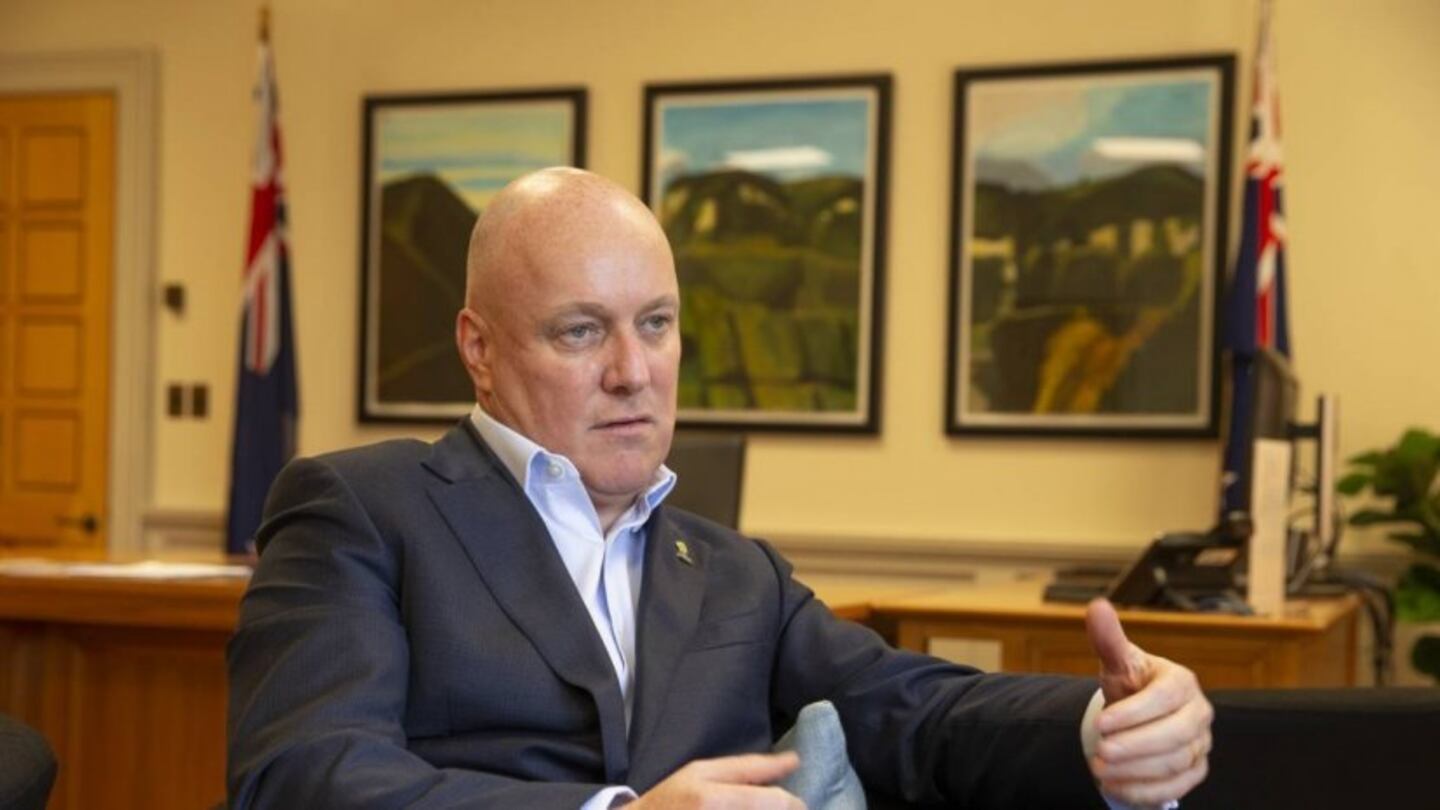Māori seats don't 'make a lot of sense' according to National leader Christopher Luxon. Photo / Mark Mitchell
After pledging to reverse co-governance initiatives, National party leader Christopher Luxon has now put Māori seats in the crosshairs, saying they don't 'make a lot of sense'.
Yesterday Luxon told media at Rātana he wants Māori to succeed, but co-governance won't be part of a National government if it's successful in October's general election.
"The big topic of the day and of the past few years has been that word - co-governance," Luxon said.
"I think it has been quite a divisive and immature conversation over recent years, and I personally think it's because the government hasn't been upfront or transparent with the New Zealand people about where it's going and what it's doing.
A "single coherent system - not one system for Māori and another system for non-Māori," is how Luxon pitched National's alternative to Labour policies like the Māori Health Authority.
Today Luxon shared his thoughts on the Māori seats, which have been part of New Zealand's parliament since 1867.
"That doesn't make a lot of sense in our view," Luxon said.
"Historically, something we've said is 'look, one person one vote'"
National may still contest the seats according to Luxon, purely because he doesn't think they'll go away, as any abolition would require a super majority vote in parliament, meaning Greens or Labour MPs would have to vote to drop them.
"Being quite pragmatic… the Māori seats have been present in our system for some time. They're not going away." Luxon said.
Despite not believing in co-governance, National had worked well with Māori in the past Luxon told media yesterday.
"I think about kōhanga reo, I think about Whānau Ora, innovations that were delivered within the coherency of a single system of delivery of public service."
The original government signatory on the United Nations Declaration of the Rights of Indigenous Peoples (UNDRIP) in 2010 - National's Key government, bound future administrations to enact co-governance.
New prime minister Chris Hipkins characterised Luxon's anti-co-governance remarks as contradictory.
"[National's] position on these issues seems to change quite a lot between when they're in government and when they're not," Hipkins said.
"John Key, Chris Finlayson and Bill English entered into a whole raft of co-governance arrangements."
"Perhaps Christopher Luxon would like to say which of those he'd like to go back on.".
Luxon tried to elaborate on his position, advocating for bodies like Whānau Ora on the one hand, whilst deriding co-governance on the other.
The 'build-up of massive bureaucracies in Wellington', is where the issues lay, according to Luxon.
"The model I want to use is actually massive deployment and delivery of those services through Māori iwi community organisations, but within the coherence of one system."
Luxon reiterated plans to scrap the newly-founded Māori Health Authority, saying he would distribute the $170 million in funding to Iwi organisations.
"Actually delivering those services through community organisations that are closest to the people and to the challenges that are on the ground is the right way to do it." Luxon said.


